Aro-ace students navigate an absence of attraction
January 20, 2023
Labels are hard. During adolescence, new emotions, thoughts and fears complicate students’ sense of self. For queer students, this period of growth and confusion can be even more difficult. Finding and identifying with a label can provide a revelatory sense of belonging and community, but some experiences are hard to articulate, making a comfortable label difficult to find.
This is especially true for people who identify as aromantic, asexual or both — labels that denote the absence of typical experiences of romantic and sexual attraction.
Myriad experiences of attraction exist along the spectra between allosexual or alloromantic and asexual or aromantic. People who are allo fall within the broad socially expected model of attraction, experiencing sexual and romantic attraction at varying frequencies, while on the other end of the spectrum are people who have a more atypical relationship with attraction. Separated from social norms, these people often find comfort in adopting labels to articulate where they lie on those spectra, building a lexicon of labels under the umbrella term A-spec.
Unlike many other LGTBQ+ identities, what separates A-spec people from social norms is an absence rather than a tangible presence. A senior who asked to have her name withheld expressed that the nature of aro-ace (aromantic and asexual) identity can easily lead to feelings of exclusion.
“It’s a lot lesser known than other queer identities, so it can be isolating or confusing for people who are aro-ace,” she said. “If you don’t have the terminology or if you don’t know other people in the aromatic or asexual communities, it’s like you’re missing something that everyone else has figured out.”
Assumptions of attraction and romantic interest are ingrained in everyday life, constantly reminding A-spec students of their differences. Aaron Moss, an aro-ace junior, said they have never experienced a deliberate attack toward their identity but that accidental discomfort is commonplace.
Aaron’s sentiment was echoed by the senior and another aro-ace junior who asked to have their name withheld.
“There are a lot of very small microaggressions because of how normalized sexual and romantic relationships are,” the junior said. “It’s just not something people ever consider, so it just kind of slips out.”
Seemingly harmless questions from friends about relationships or crushes, and jokes from parents about future weddings are not ill-intentioned, but they can feel uncomfortable. The senior girl said even her classes sometimes created frustrating and confusing situations like when her world language class had a unit on dating.
“Our assignment was to basically make an advertisement for what your ideal partner would be. I ended up just kind of saying what I like to see in a friend,” she said. “Even though in my class the teacher really tried to emphasize that it could be a boyfriend or girlfriend or a partner, there were no options for if you just didn’t want to date someone.”
There are countless other examples. The senior mentioned that a friend had told a trusted school adult that they identified as aro-ace, and the adult responded by questioning the validity of aro-ace identity. Additionally, all three of the aro-ace students mentioned frustration with peers making assumptions about their platonic relationships.
“I feel like a lot of people at school and in society in general automatically assume that you want to be dating someone, or that that’s a major goal in life,” the senior said. “I know a lot of people at school think I’m dating one of my friends, and it can be frustrating because that’s the only option people see.”
Through the many frustrations and discomforts they feel, all three students said they have found solace among U-High’s A-spec and queer communities. Several students who identify as ace and/or aro have formed a close community, united by their shared experiences. At U-High, A-spec students from different grades have come together through group chats, community in-jokes and unique complaints, combating feelings of isolation.
“Being friends with other aro-ace people, it means that there are people I can talk to about this stuff who can really listen, people who have had the same experiences, who deeply understand what I’m feeling,” the junior said. “That’s really valuable.”
The larger LGTBQ+ community at U-High also provides necessary support to A-spec students. Aaron said that while many LGTBQ+ identities are very different from A-spec identities, all queer people share the experience of subverting social norms.
“My friends are like me in the way that they’re not like other people,” Aaron said. “We’re similarly different. So there is this empathy, this understanding that everything else is built on.”

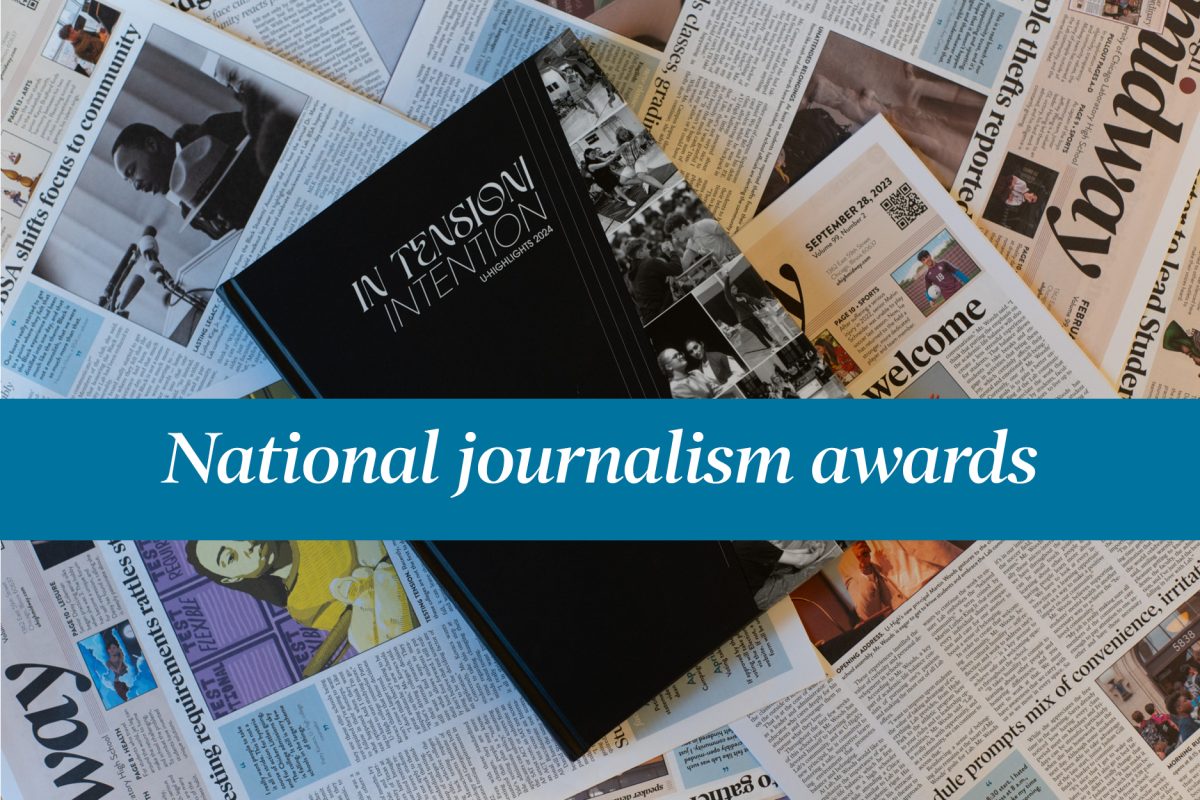
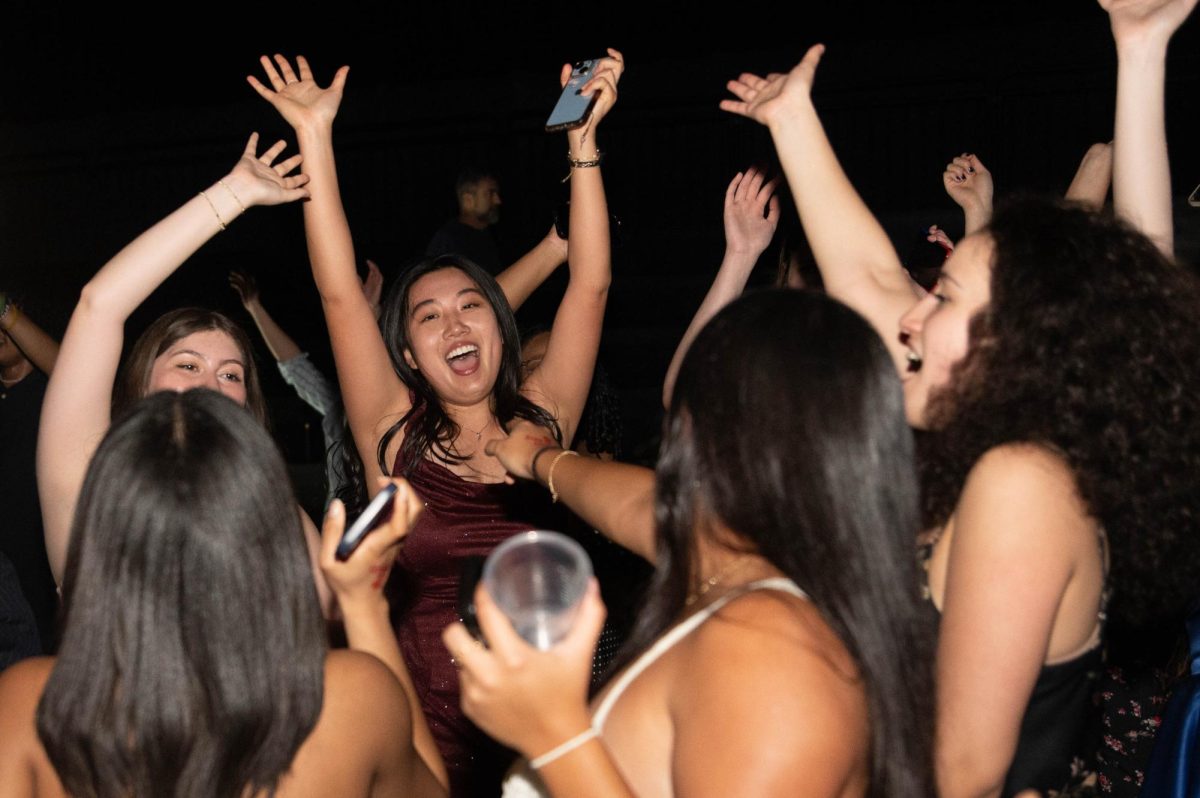
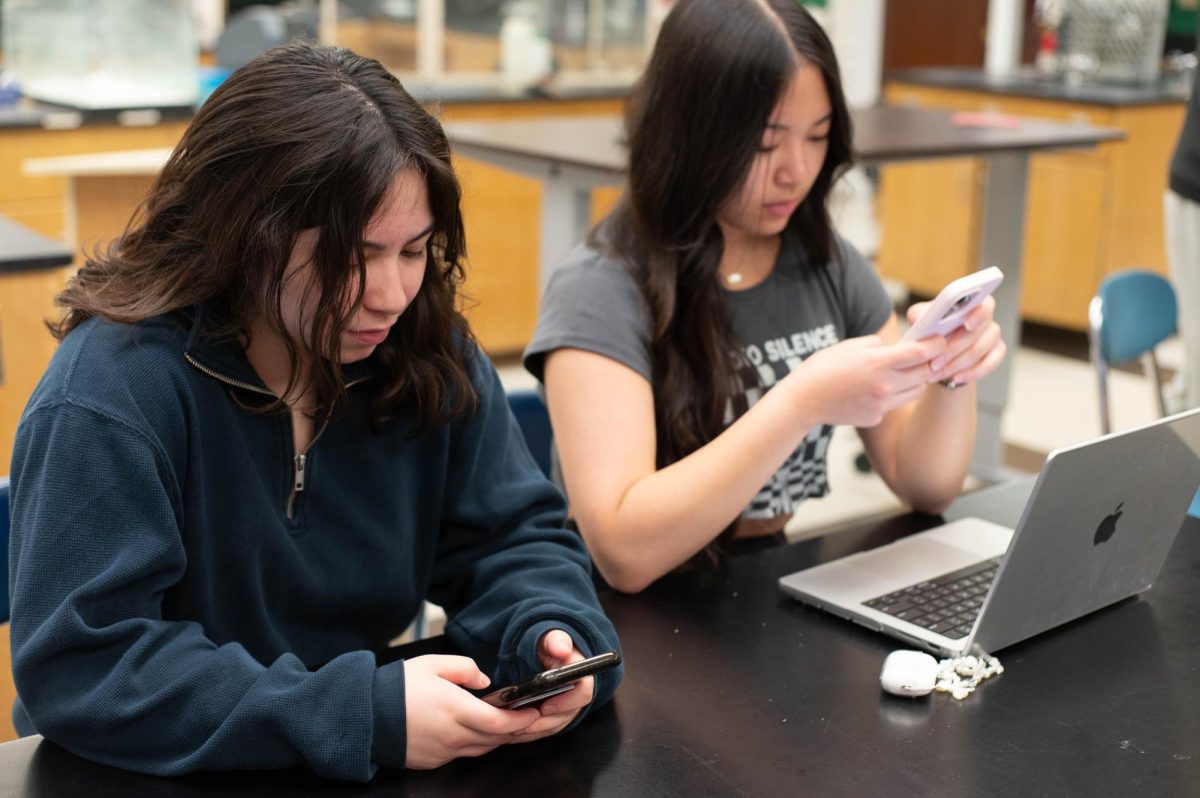
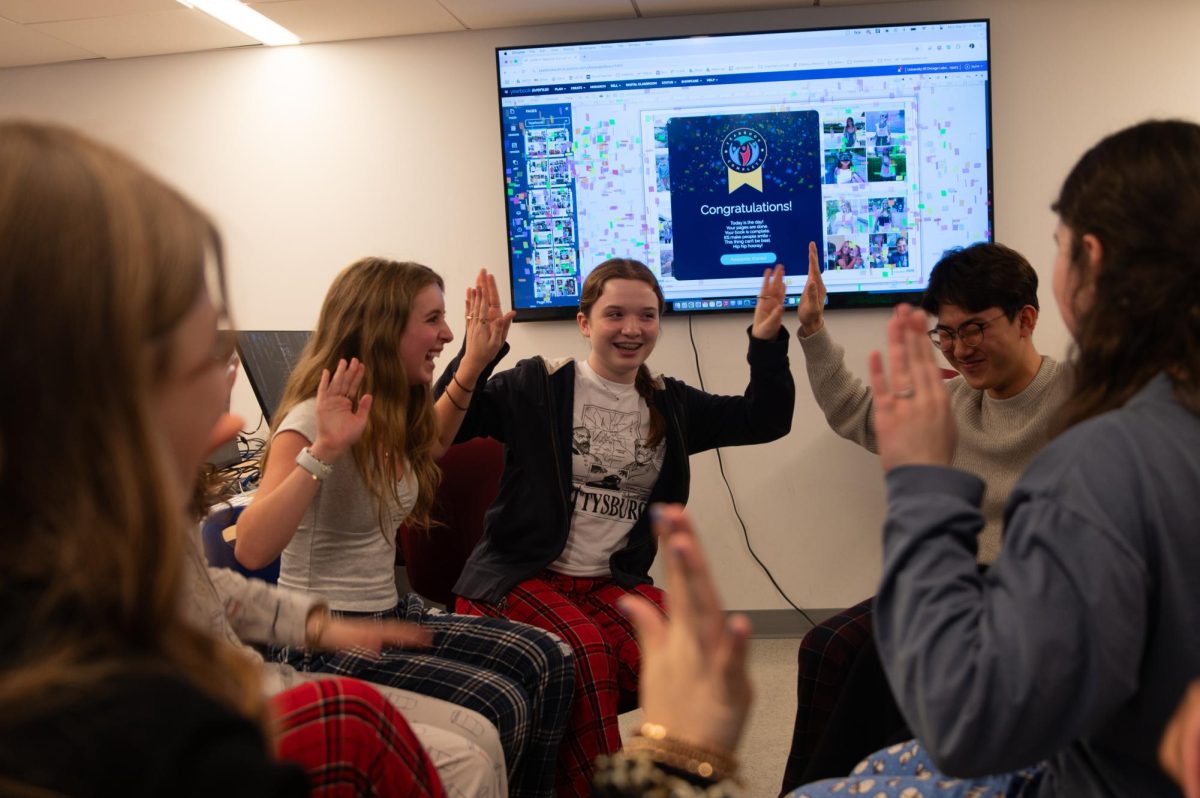






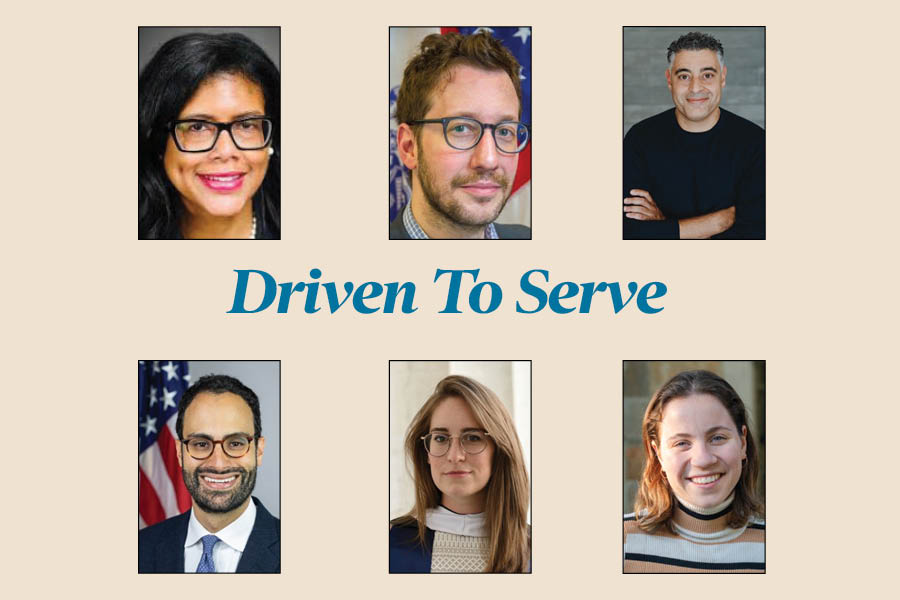




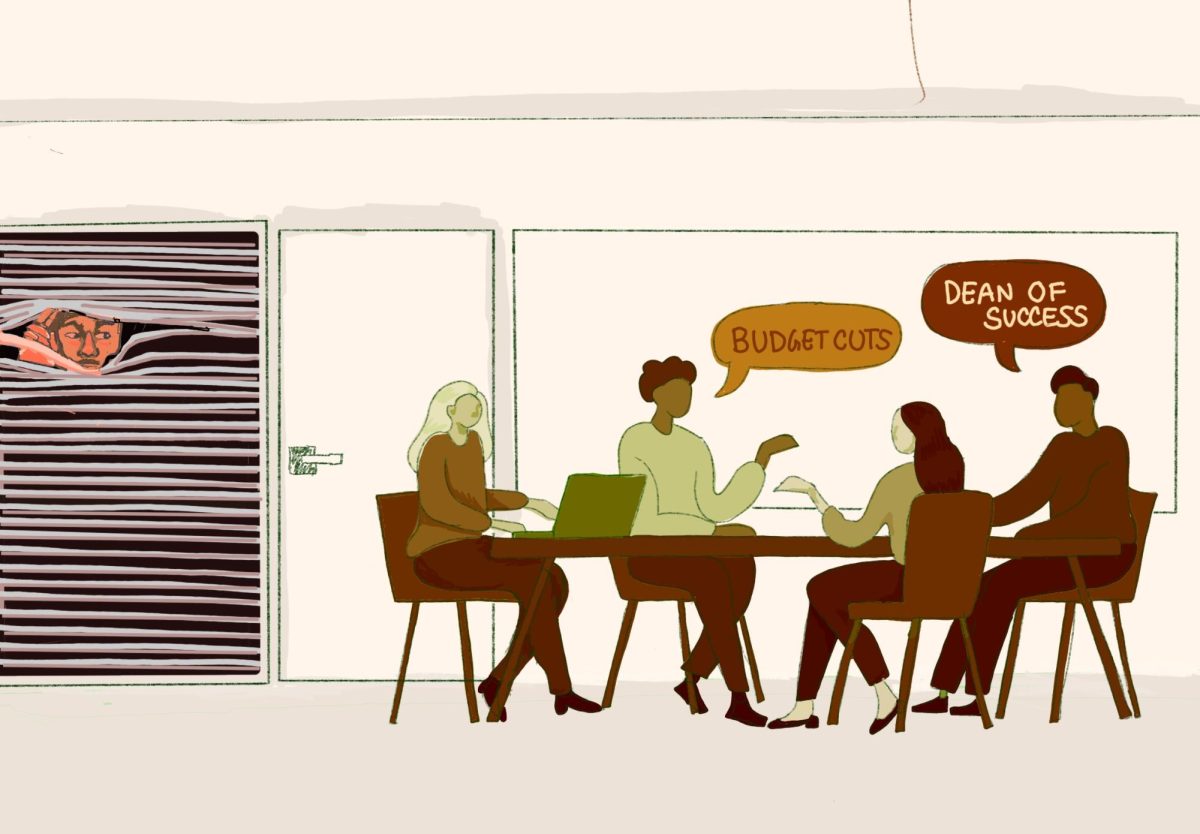
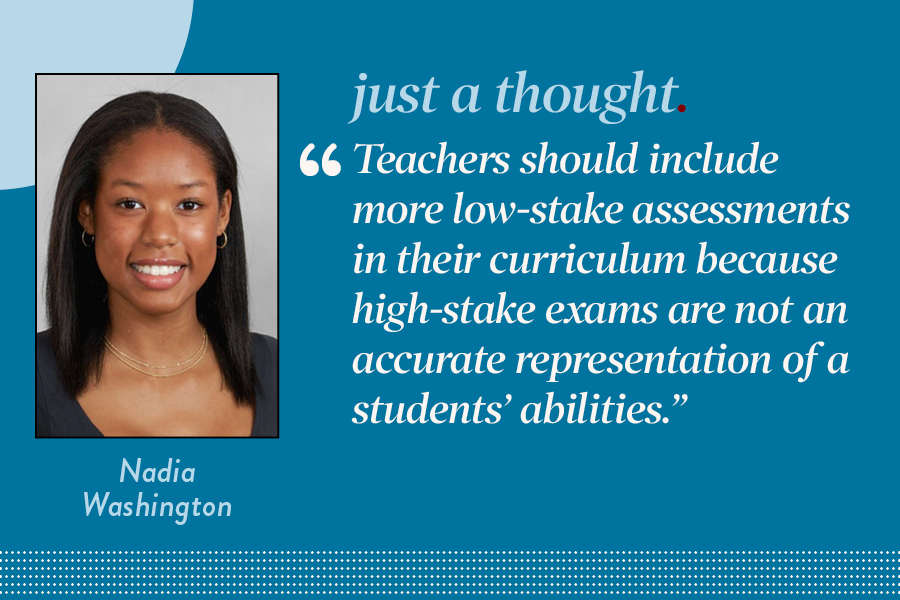
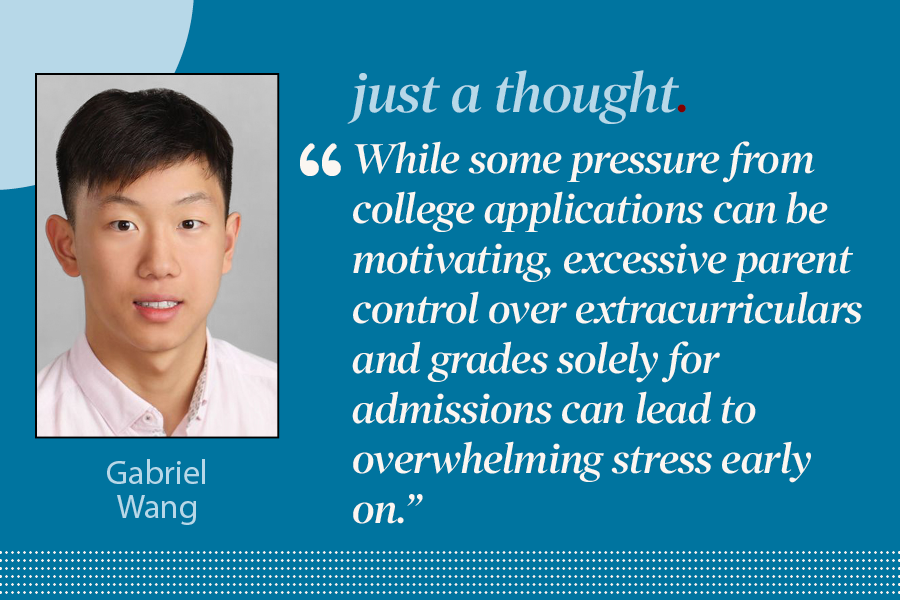
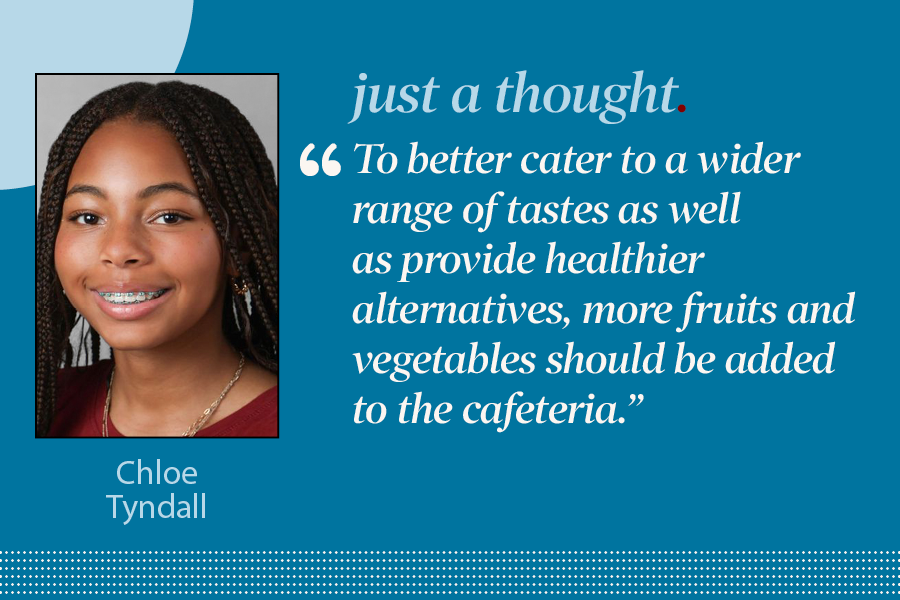
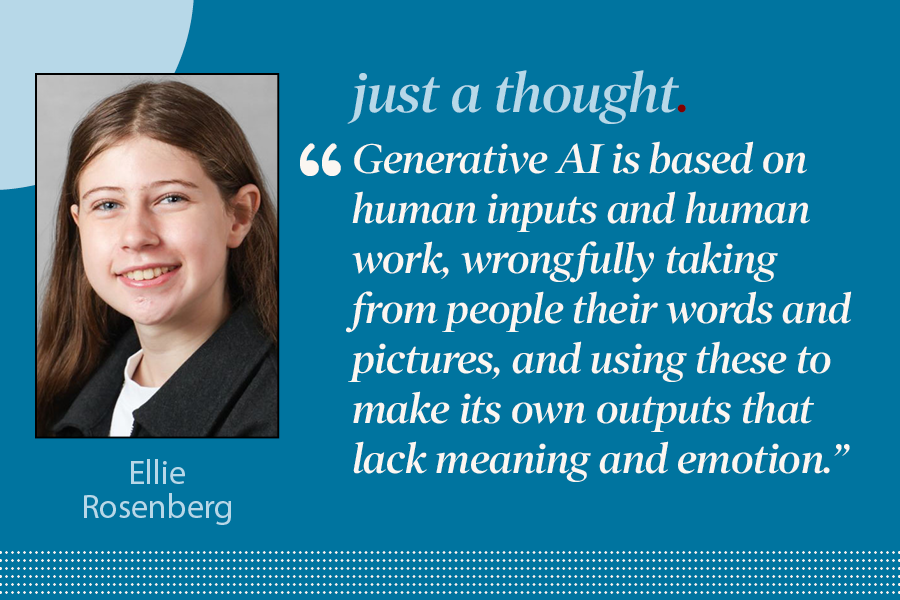
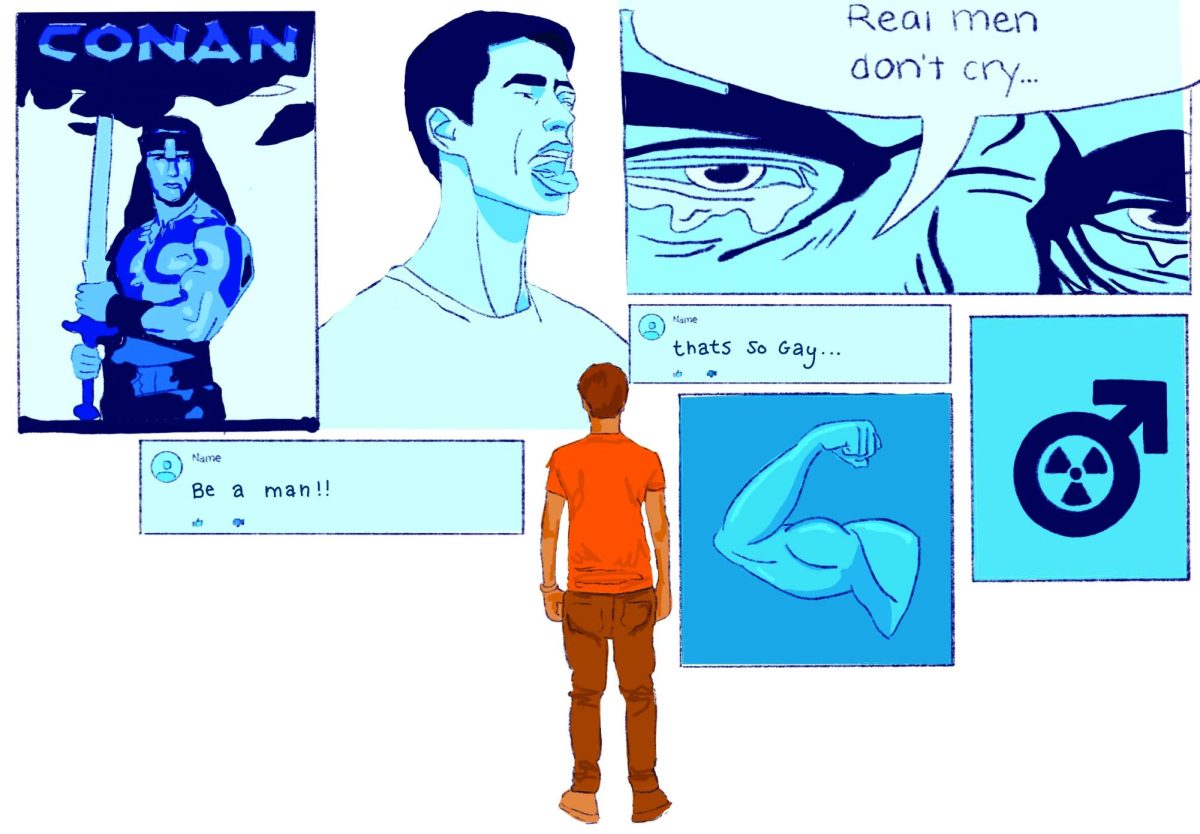

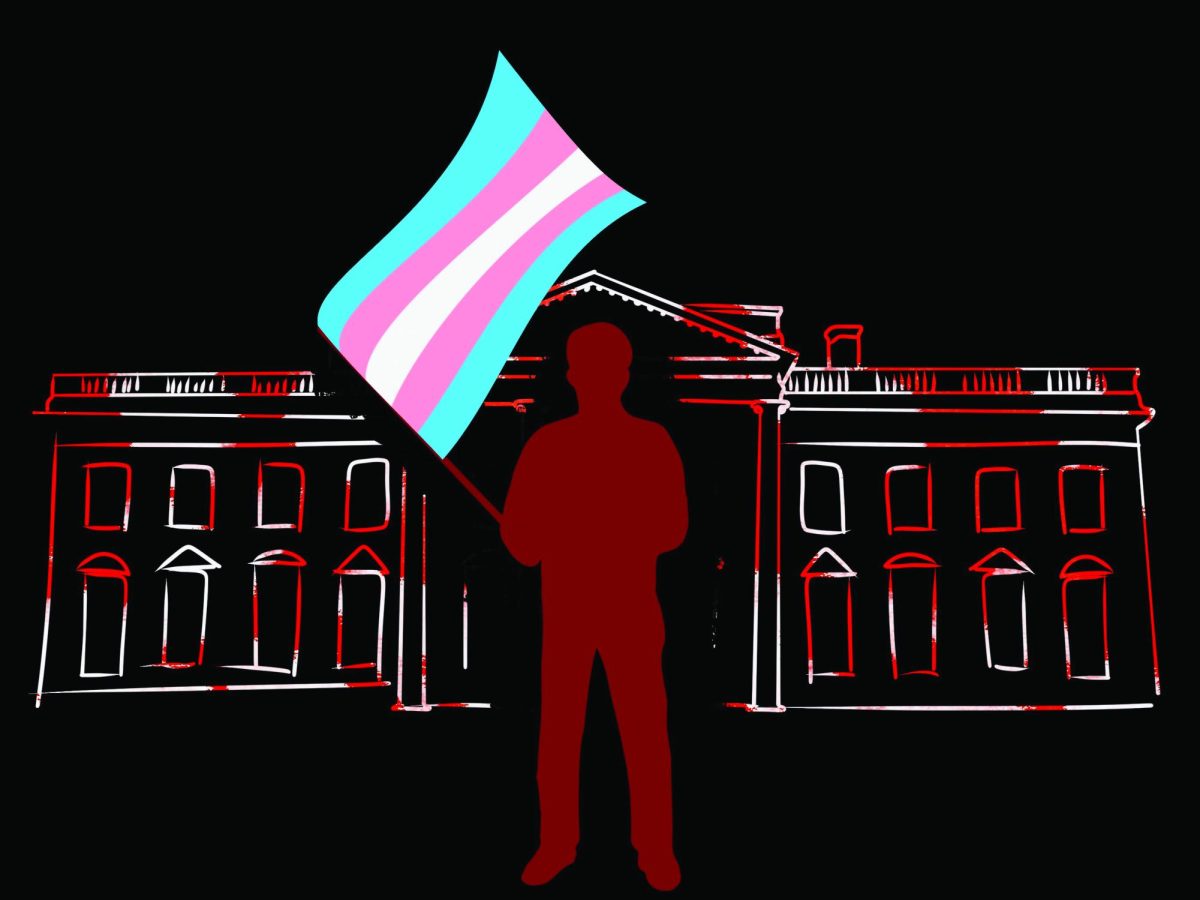
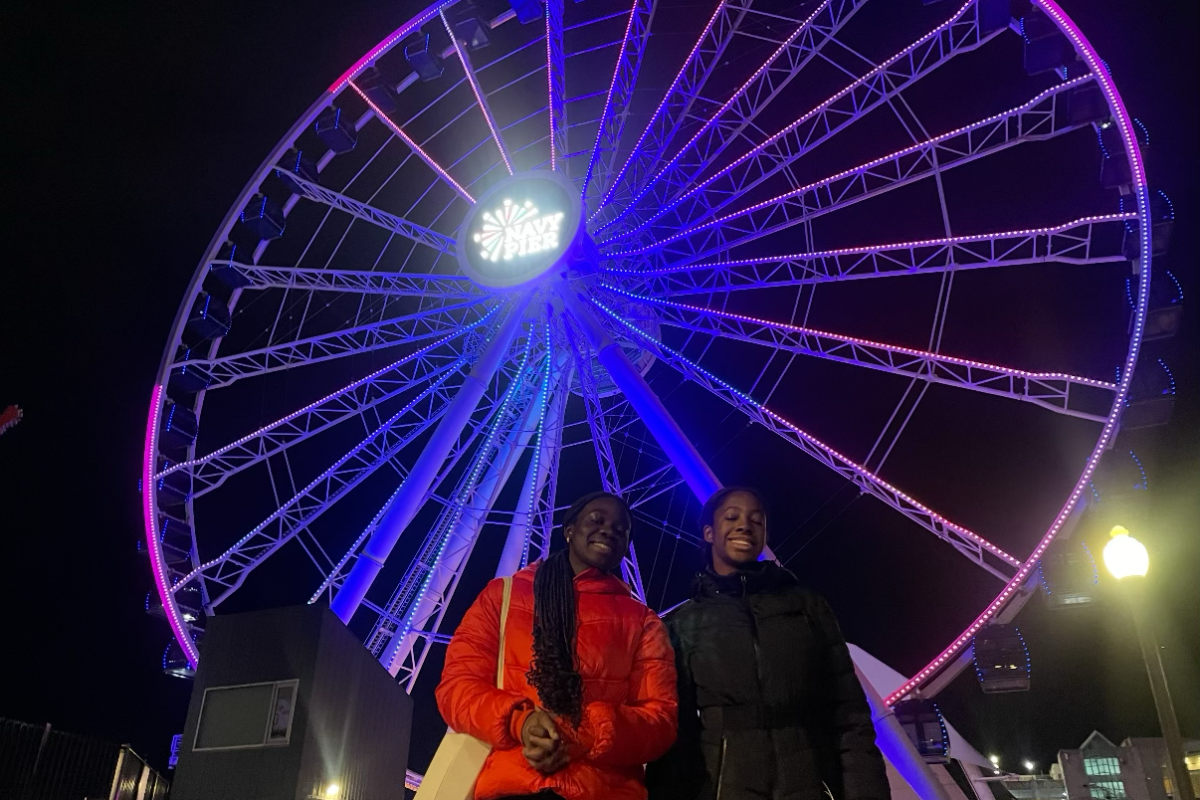











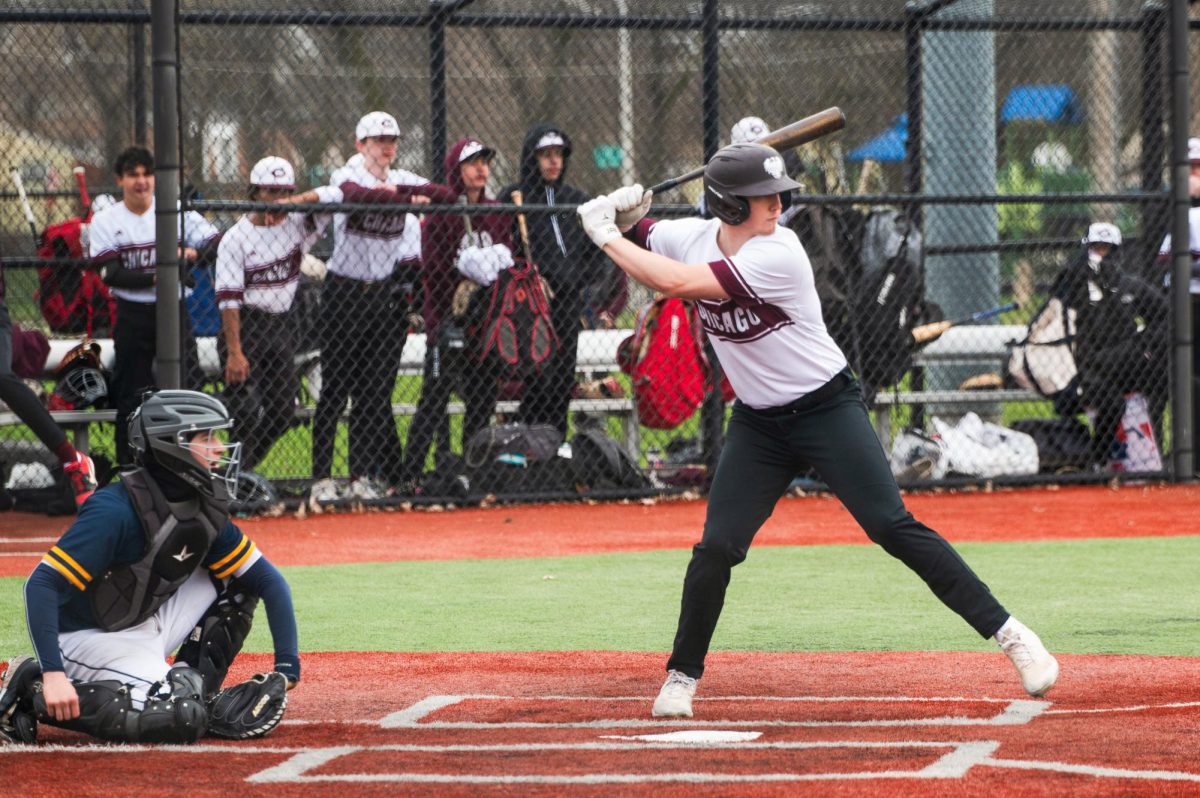
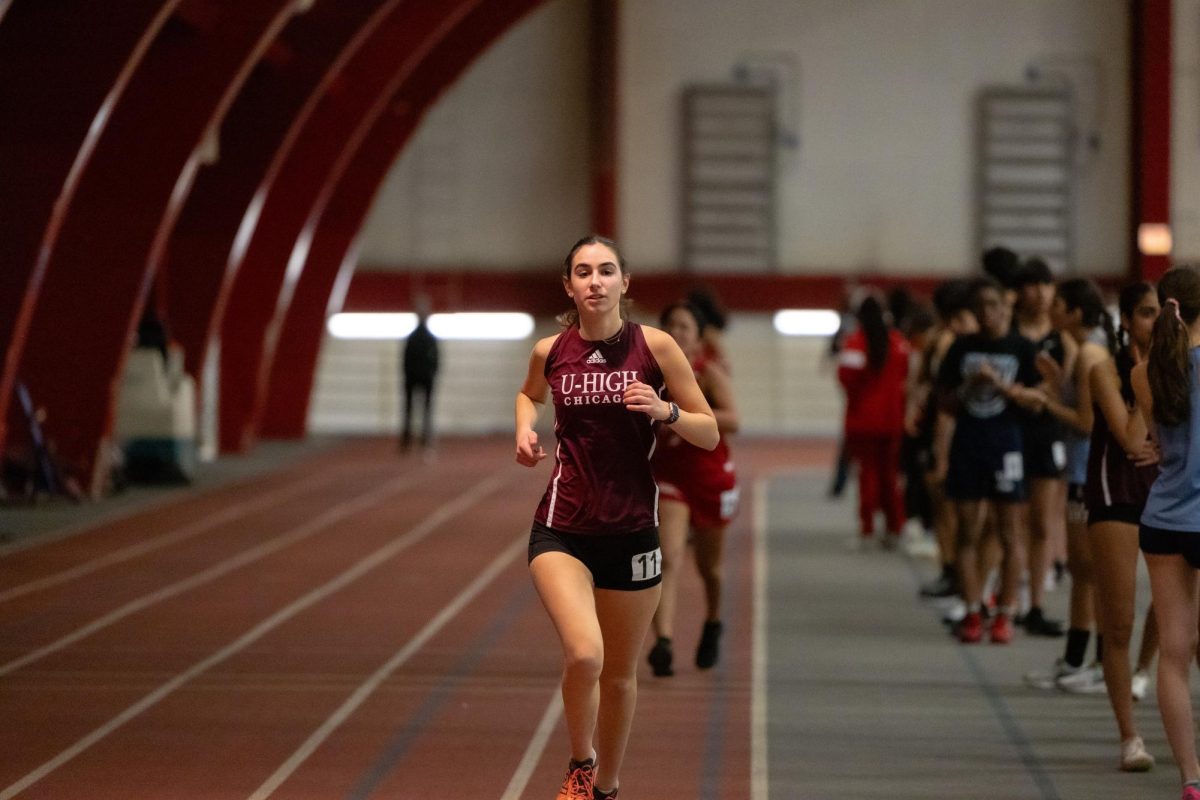



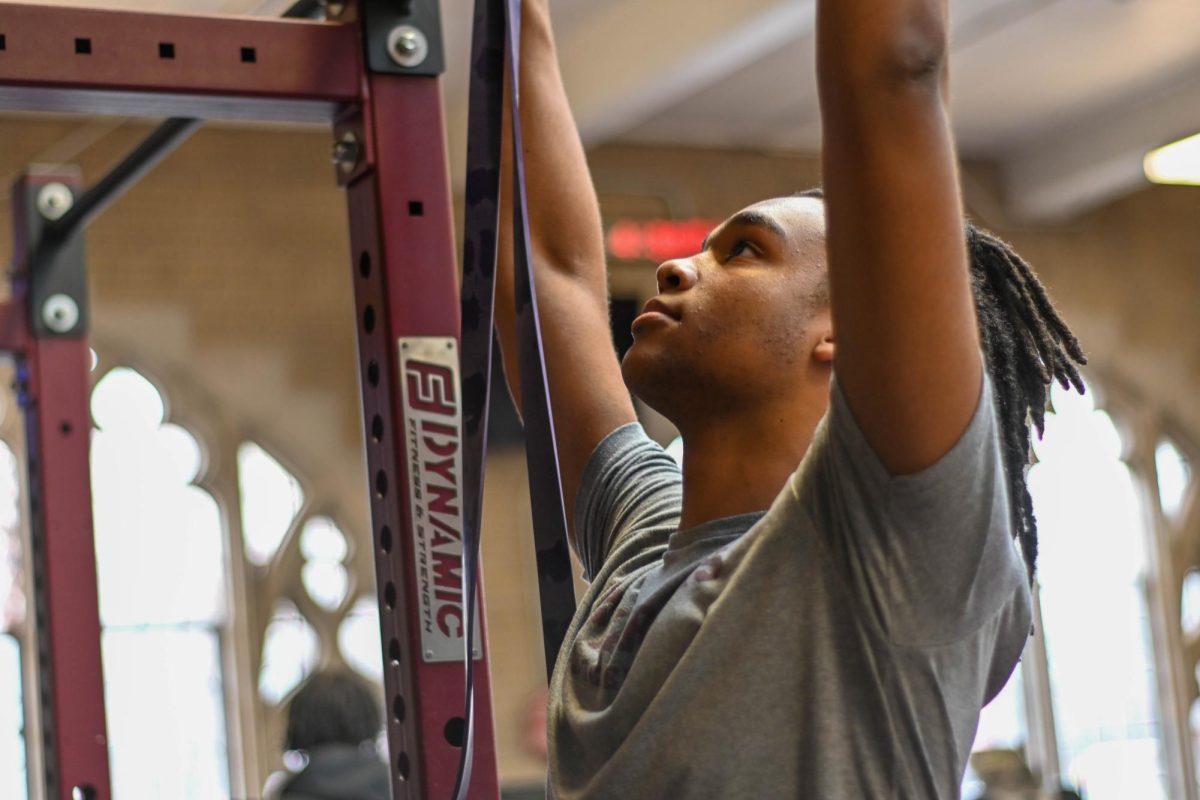












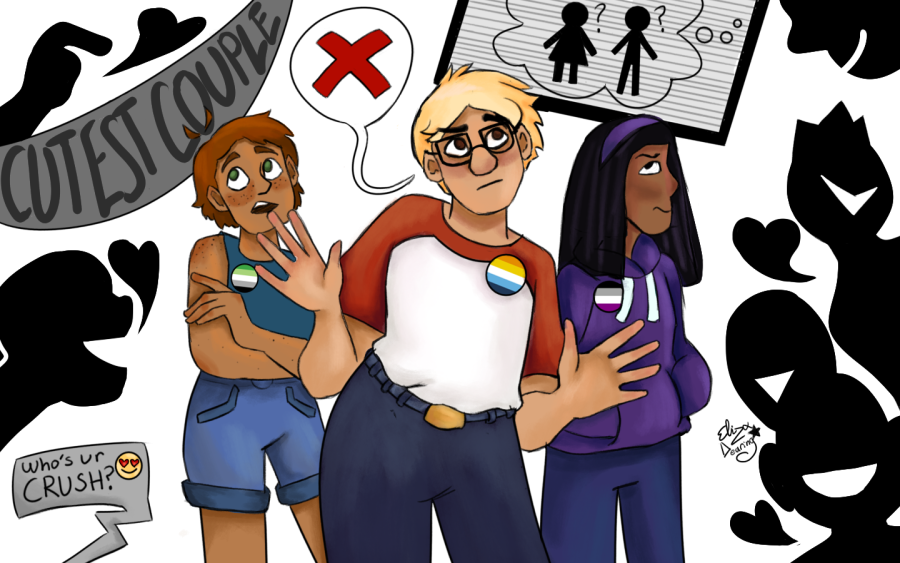

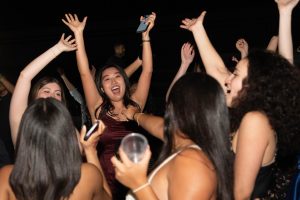
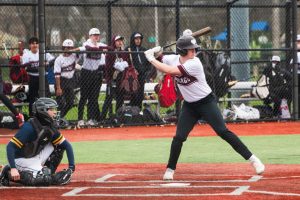
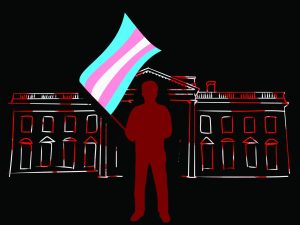
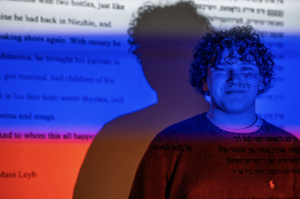

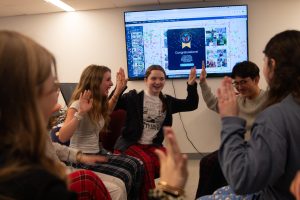
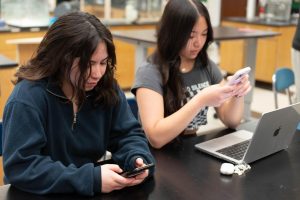
Luca Zimmer • Oct 31, 2024 at 10:44 am
Thank you for this article. I specifically wanted to ask if I could get in touch with the artist who made the illustration, Eliza Dearing, to ask if we could use it for an educational non-profit event about aro/ace identities. thanks a lot in advance and have a lovely day!